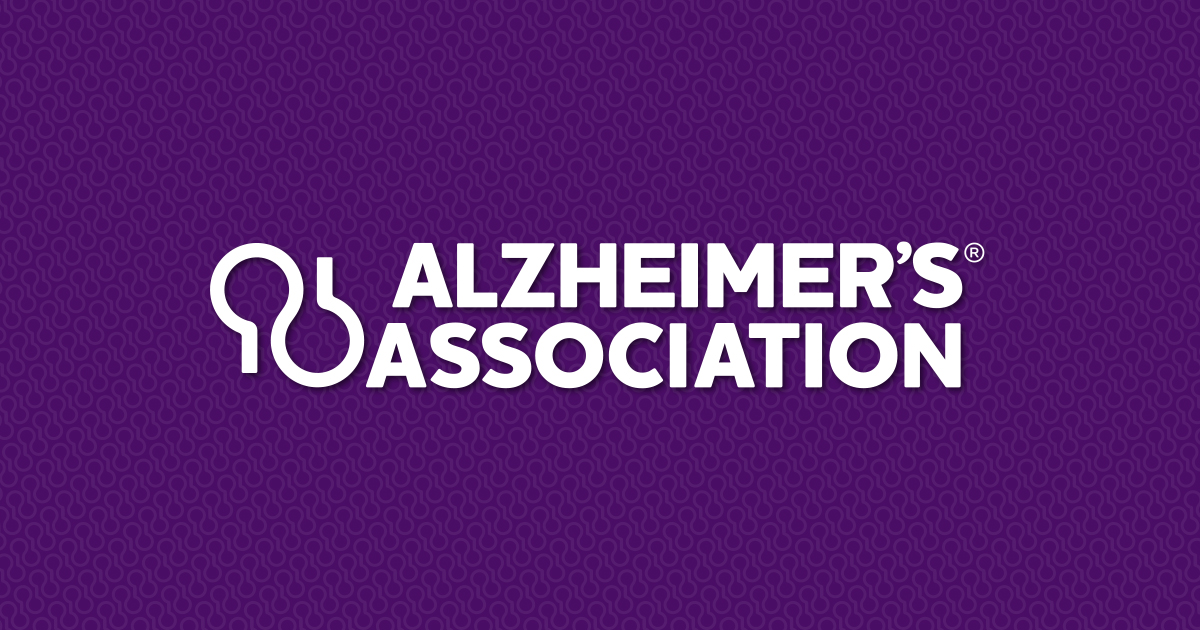Then you don't know anything about alzheimers.
I do. My grandmother and mother died of the disease. I watched it and helped them through it from beginning to their death.
It's a brain disease. Healthy cells in your brain are always dying and normally would normally die and sluff off. With alzheimers those dead cells don't naturally sluff off. They stay there causing plaque and scar tissue which builds up causing healthy brain tissue to die and add to the alzheimers process.
It's not just memory. One alzheimers specialist put to me is imagine a brain tumor. Alzheimers is basically the brain turning into one big tumor and it's dying. The whole brain is literally being killed. Not just memory is effected. All functions that the brain controls is effected. Another problem they have is sleeping. They can't sleep. My mom and grandmother would pace up and down the halls of the facility they were in for days. Then would collapse in exhaustion then be taken to the hospital where they would sleep for a day or so.
Since you admit you don't know much about the disease it's always a very good idea to do some research on it.
I don't need to do that research. I've watched it twice. I will watch it again. My oldest sister has the Alzheimers gene. The APOE E gene. There are 4 in the sequence. It's a gene that's passed from one generation to the next. The first born is usually guaranteed to get the gene. The next child or next 2 children won't get the gene if the births are one right after the other. If there's a few years gap between births usually that next child will have the gene.
What I described in the post you replied to is what my grandmother and mother endured. By the time they both were 75 they had to be locked in a facility for their own safety. Which is normal a typical for alzheimers patients.
Get information and resources for Alzheimer's and other dementias from the Alzheimer's Association.

www.alz.org
Early stage:
Common difficulties include:
- Coming up with the right word or name.
- Remembering names when introduced to new people.
- Having difficulty performing tasks in social or work settings.
- Forgetting material that was just read.
- Losing or misplacing a valuable object.
- Experiencing increased trouble with planning or organizing.
Middle stage:
Being forgetful of events or personal history.
- Feeling moody or withdrawn, especially in socially or mentally challenging situations.
- Being unable to recall information about themselves like their address or telephone number, and the high school or college they attended.
- Experiencing confusion about where they are or what day it is.
- Requiring help choosing proper clothing for the season or the occasion.
- Having trouble controlling their bladder and bowels.
- Experiencing changes in sleep patterns, such as sleeping during the day and becoming restless at night.
- Showing an increased tendency to wander and become lost.
- Demonstrating personality and behavioral changes, including suspiciousness and delusions or compulsive, repetitive behavior like hand-wringing or tissue shredding.
Last Stage:
At this stage, individuals may:
Require around-the-clock assistance with daily personal care.
- Lose awareness of recent experiences as well as of their surroundings.
- Experience changes in physical abilities, including walking, sitting and, eventually, swallowing
- Have difficulty communicating.
- Become vulnerable to infections, especially pneumonia.
